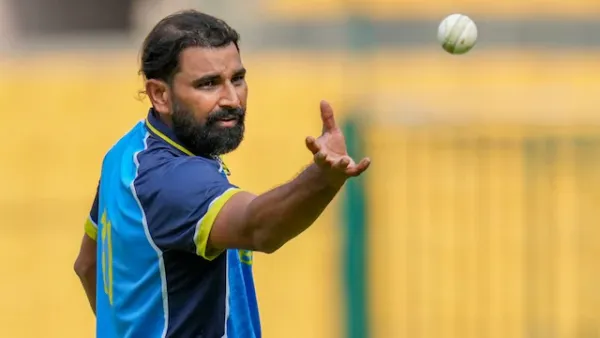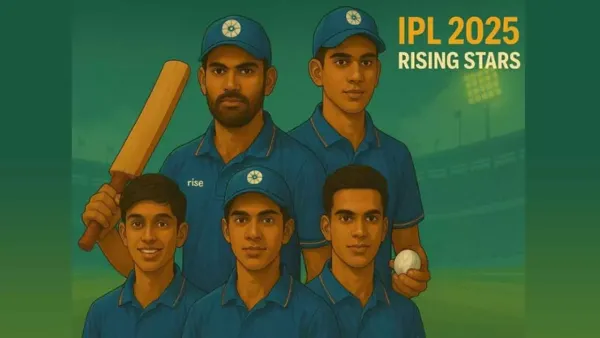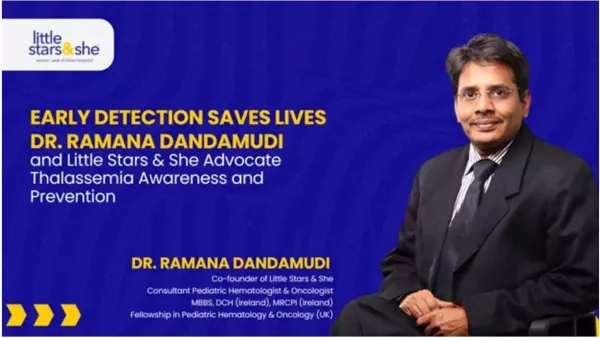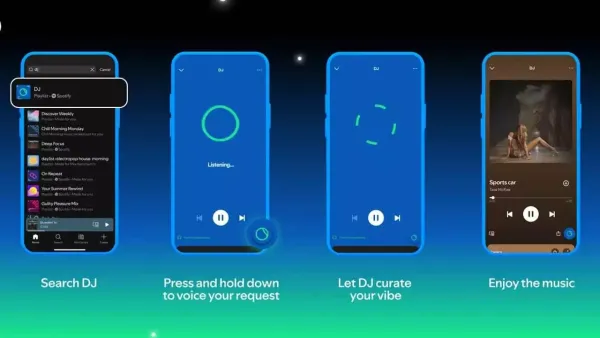

The decision sparked a wave of protests in the crisis-hit country. The junta has now forbidden members of the dissolved parties from holding meetings.Mali'smilitary government announced on Tuesday that it has dissolved all political parties in the West African country. Mamani Nassire, the minister of political reforms, read out the decree signed by military government president Assimi Goita on television. "Political parties and organizations of a political nature are dissolved throughout the national territory," Nassire said. "It is forbidden for members of dissolved political parties and political organizations to hold any meetings," he added, reading from the decree. The announcement follows an increasing number of pro-democracy activists being kidnapped from the streets of the capital Bamako. It also comes days after a pro-democracy protest was held. Why did Mali's junta ban political parties? Mali has been under military rule since a pair of coups in 2020 and 2021 led by Goita. While the leader has assured the people that elections will be held, the promised ballot of February 2022 was delayed for "technical reasons." No revised timeline for elections has been provided. In April, ministers of the transitionary government recommended extending Goita's presidency until 2030. On Monday, Mali's National Transition Council, the transitional legislative body, voted in favor of the dissolution of political parties. "This decision deals a severe blow to the reconciliation process that began last year," wrote Mali's former prime minister, Moussa Mara, on his X account. Opposition leaders go missing after protests Bamako has seen a wave of protests in recent weeks. Several hundred people took to the streets on May 3 and May 4, carrying placards and demanding a multi-party election. A protest planned for May 9 led to the military government suspending all political activities in the country. Several pro-democracy activists have since gone missing, sparking fears of a wider repression of dissent. In a statement last week, the Human Rights Watch (HRW) said that two opposition leaders had gone missing, suggesting they may have been "forcibly disappeared." The watchdog said one opposition leader was taken by "masked gunmen claiming to be gendarmes" on May 8 and another was taken on the same day by "unidentified men" outside Bamako. Both leaders had been part of the protests on May 3. Edited by: Alex Berry
-
According to reports, Kane Williamson is unwilling to return to Pakistan for the PSL because of tensions

-
“Cannot Choose Someone…”: Mohammed Shami’s England Tour Selection Is Up in the Air

-
IPL2025: Emerging Talents Influencing Indian Cricket’s Future

-
Increasing Knowledge of Thalassemia

-
Spotify’s AI DJ Has Improved and Can Now Answer Voice Requests
